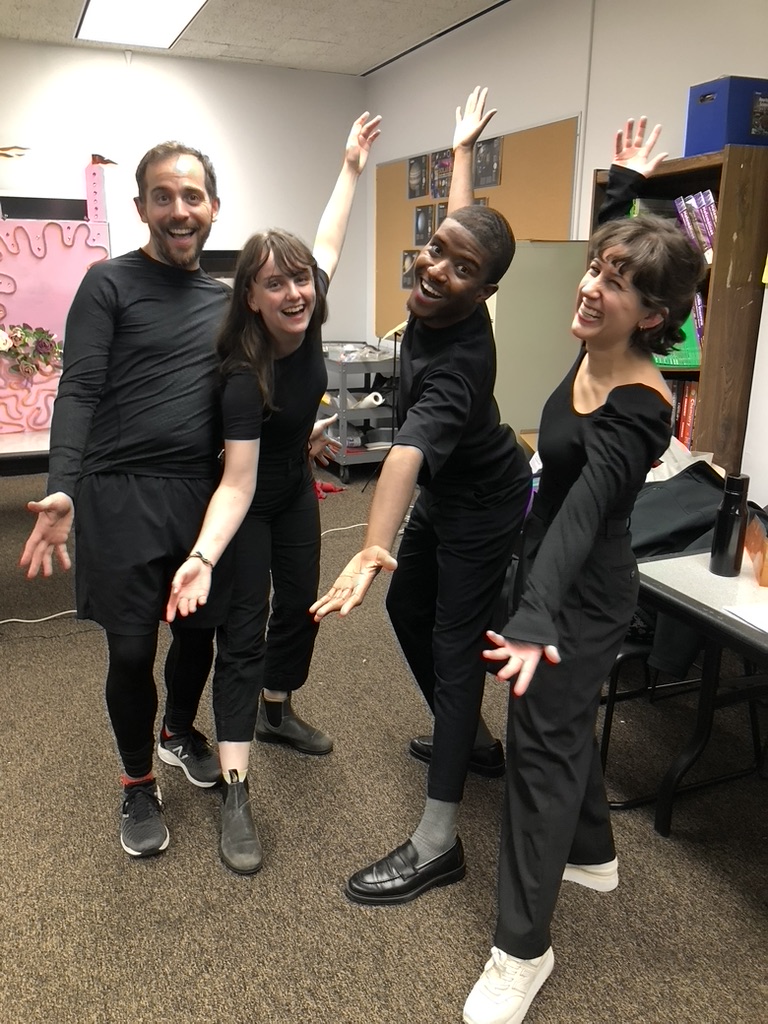The integration of Understanding by Design (UbD) and Differentiated Instruction (DI) in theatre classrooms holds great promise for learners. These combined principles can offer a range of benefits, particularly in the creative and dynamic setting of a theatre class.
One significant advantage is the potential for enhanced understanding. UbD encourages educators to identify essential questions and key ideas, while DI allows for personalized instruction. This combination enables students to engage deeply with the subject matter. In theatre, where nuance and context play a vital role, this deeper understanding can lead to richer performances and a more profound appreciation of the art form.
Personalized learning is another crucial aspect. In a theatre class, students come from diverse backgrounds with varying levels of experience and different learning styles. DI recognizes these differences and tailors instruction to meet individual needs, fostering a more inclusive and engaging learning environment. This personalization can be especially important in the arts, where creativity and self-expression flourish when students can learn in ways that suit them best.
Moreover, UbD and DI can transform assessment strategies. UbD's focus on authentic assessment pairs well with DI's approach to varied formative and summative assessments. This synergy results in a more comprehensive evaluation of students' progress. In a theatre classroom, where performances are a central aspect of assessment, this approach can ensure that students are evaluated based on their real-world skills and abilities, preparing them for future artistic endeavors.
Additionally, equity in education is a critical benefit. Theatre, as an art form, should be accessible to all, regardless of background or abilities. DI ensures that each student has the opportunity to engage and excel in the arts, creating a more diverse and representative theatre community.
In my future theatre class curriculum design, I intend to apply UbD and DI by establishing clear learning objectives aligned with essential questions and key ideas. I will incorporate diverse assessment strategies, allowing students to demonstrate their understanding through various means, such as performances, written reflections, or peer assessments. Differentiated instruction will be central to my teaching approach, recognizing and accommodating students' varying levels of readiness, interests, and learning profiles. Creating an inclusive environment will be a priority, providing accommodations for diverse learners and fostering a supportive and respectful atmosphere. I will also encourage regular reflection, empowering students to take ownership of their learning and set personal goals.
By combining UbD and DI in my theatre class curriculum design, I aim to create a rich and inclusive learning experience that enables students to develop a deep appreciation for the arts and equips them with valuable skills for life. Theatre, with its capacity to inspire creativity, empathy, and self-expression, can become a powerful tool for education when guided by these principles.






